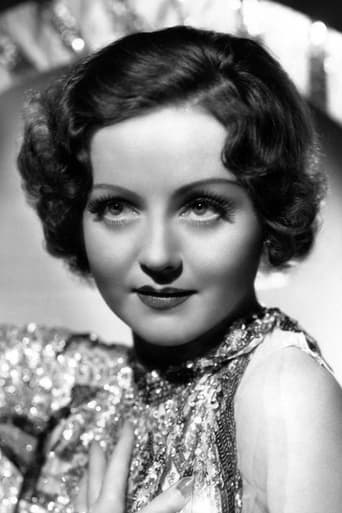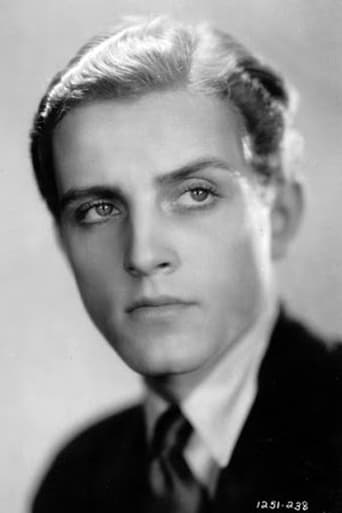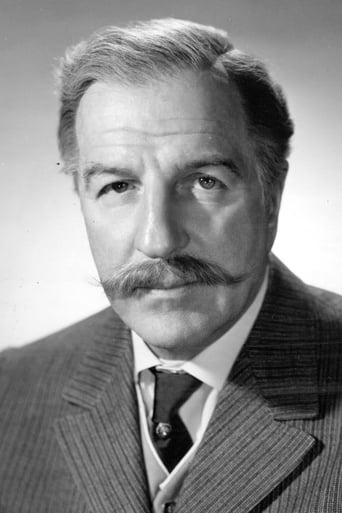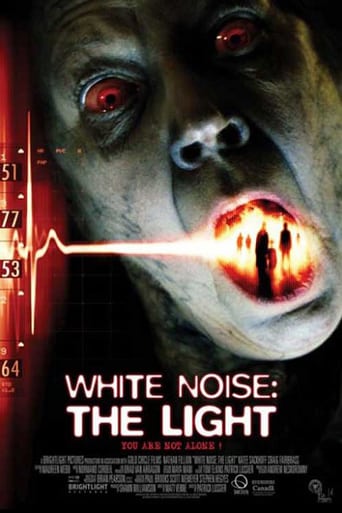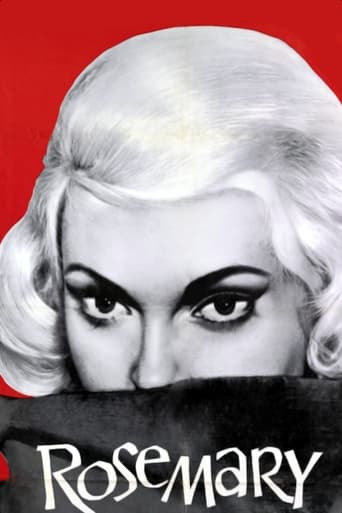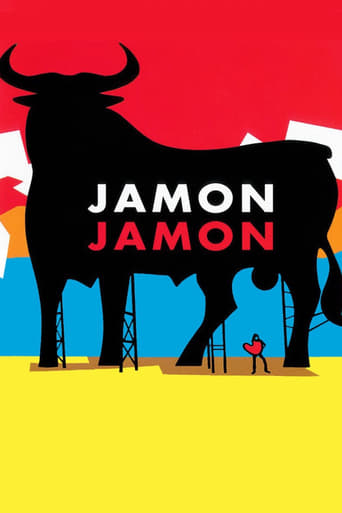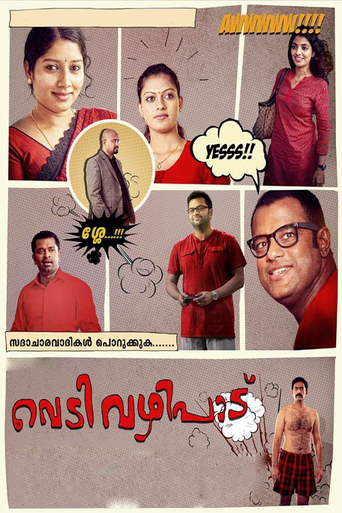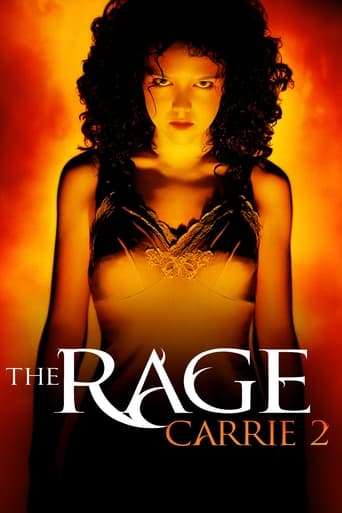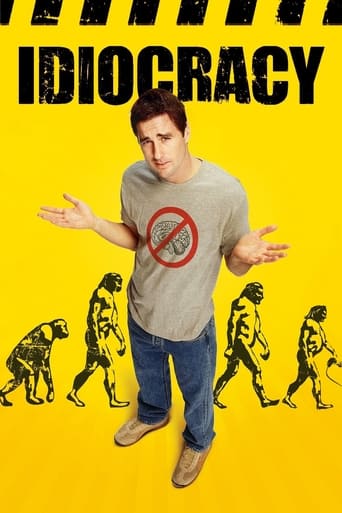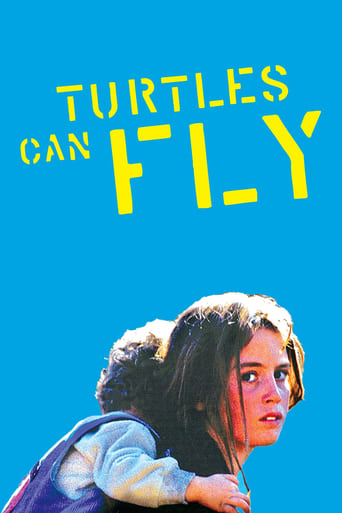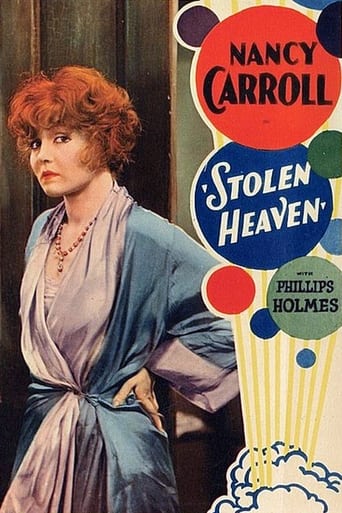
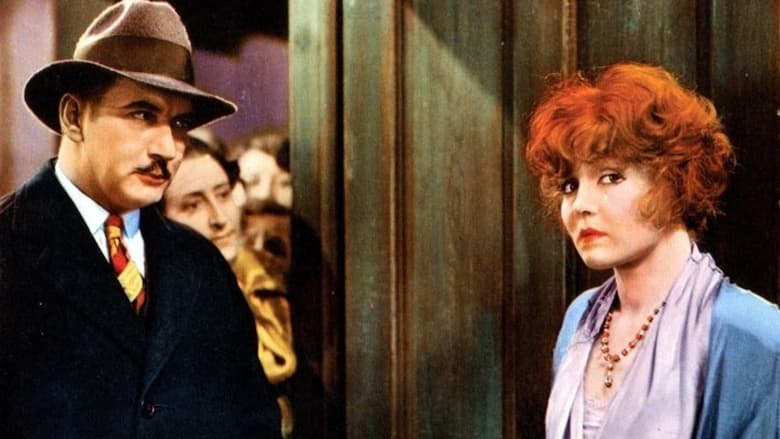
Stolen Heaven (1931)
A hooker gets followed home by a man she thinks is drunk, but it turns out he's been wounded in a robbery of a radio factory where he used to work. As the police swarm into the seedy tenement, she decides to help him, and the two form an uneasy alliance culminating in a suicide pact.
Watch Trailer
Cast
Similar titles
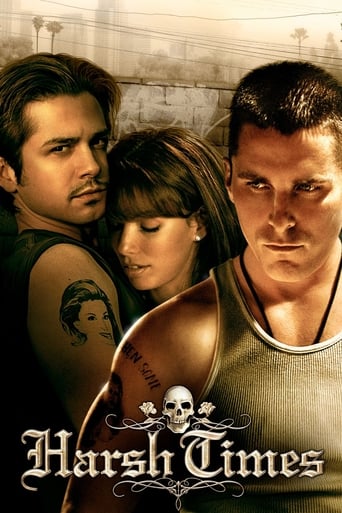
Reviews
ridiculous rating
Bad Acting and worse Bad Screenplay
Tells a fascinating and unsettling true story, and does so well, without pretending to have all the answers.
It's simply great fun, a winsome film and an occasionally over-the-top luxury fantasy that never flags.
Prostitution, suicide, larceny, conniving idle rich--a gritty pre-Code item about two down-on-their-luck misfits who acquire some ill-gotten gains, make a suicide pact, and fall slowly, quite convincingly in love. Carroll, at the peak of her powers, is utterly natural and appealing as a not-that-nice girl, and she plays well against Louis Calhern, in an early rich-cad role. George Abbott was more of a stage than movie director, but he sure shows his acumen with actors here. Even Holmes, who was often too pretty and too whiny to be a convincing leading man, miscast as he is here, is convincing. There's some fine early-talkie camera-work and a surprisingly modern, almost existential gloom to the material. It doesn't cheat its way to an entirely happy ending, and it's one of the best showcases for Carroll's talent I've seen.
The first scene is startling - two shadows walk past an old billboard advertising Wonder Bread - "sliced - just say Wonder cut". Mary is a street walker - her mannerisms show that she is new to it. Later on she explains that she was a dancer who lost her place and this is her first night on the job. Joe is a young man Mary first assumes to be drunk - then she notices blood in his hair. He has committed a robbery - he has $20,000 and wants to live life to the full, then when the money runs out he will shoot himself. Mary helps divert the police by putting him in bed and pretending he is a customer - even by pre-code standards it is pretty racy.He asks Mary to go with him, and that's when it falls flat. It loses its grittiness when they start to live it up at a Palm Springs resort. Something went wrong with the story about 2 down and outers who grab their chance of happiness regardless of the price.The establishing shot of the resort is great - firstly showing the orchestra and lastly the dance floor, where Mary (with a beautiful new look) and Joe are dancing. Nancy Carroll is absolutely gorgeous whether as a down on her luck dancer or among the idle rich. She has a few really good scenes - when she is trying to convince the police Joe is just a customer, when she is reminiscing about her life, telling Joe what she wants out of life and the sequence where she gambles her last $1,000, thinking it is her last night on earth.Even though with 3 films together ("The Devil's Holiday", "Stolen Heaven" and "The Man I Killed") they were a team (sort of) Holmes didn't seem very comfortable in their scenes together. Nancy came up trumps but Holmes struggled and made the dialogue ("they'll never take me alive") sound trite which it was. May be he was out of his depth. Frederic March would have made a much more believable Joe. Nancy and Phillips certainly win the award as the most beautiful couple in the movies. Louis Calhern does well as the cad that comes good.Recommended.
Interesting pre-coder directed by famous stage director, George Abbott, and with several excellent scenes.Nancy Carroll plays a hooker who gets followed by a young man through an ugly and shadowy city. She thinks he's drunk (Phillips Holmes) but is turns out he's been wounded in a robbery of a radio factory where he used to work. As the police swarm into the seedy tenement, she decides to help him and the two forms an uneasy alliance culminating in a suicide pact.He's gotten $20,000 and they decide to go out on a high note, blowing all the money and then killing themselves. Both have been beaten down by life. They escape to Palm Springs where we catch up with them in a great shot that starts with a marimba band and slowly pulls back to reveal the lush resort filled with fashionable people. Then we spot the young couple on the dance floor, immaculately dressed and rubbing elbows with the rich. Louis Calhern plays a rich lech who's after Carroll.But the cops track them down as they are about out of money. They must decide on their agreed-to suicides or to keep running or go back and pay for their "crimes." Calhern gets involved in the conclusion.Carroll and Holmes are quite good even when they're overacting, just because the story is so surreal. The moral of the story seems to be that life is good as long as there is plenty of money. But is it?
The opening sequence is incredible, starting with the shadows on torn billboards of the two protagonists in a seedy cityscape. She's a whore, and he, stumbling drunk, is following her to her room. Actually, she discovers when they get to her room that he's not stumbling drunk--a bullet had grazed his head and nearly knocked him out. There's no question, though, about her being a cheap whore, and the room a being whore's room. At one point, he looks around and says, "How'd I get here?" Her disgusted response: "The fairies brought you." He asks for a drink, and she gives him one: "One of the girls left this bottle here yesterday." There's a commotion in the hall. Detectives are searching the house for the man who just held up the payroll in the factory opposite. She tells the boy, "Quick, get off your clothes." He jumps into the bed and pretends a drunken sleep. The detective is looking for bigger fry and doesn't give her too hard a time for prostitution. She says he's been there for hours; she doesn't know anything about him. In these scenes, the acting, direction and writing are simple and direct. The two are shown as both cynical and naive; two lost souls. So far, superb! But then they decide to take his money, go on a spree, and when it's gone they'll commit suicide. Not superb. After the great opening sequence, the story becomes very sloppy, degenerating into primitive and unbelievable melodrama. At one point, for example, she asks how much money is left. Just $1,000, he says, only one day left. One day on $1,000 in 1931?? And Nancy Carroll unabashedly chews the scenery: "I don't want to die!" Hey, OK, so who's forcing you? But the film doesn't totally disintegrate. For example, the opening shot at a ritzy Havana hotel starts with a close-up of the band and gradually pulls back, tracking through the diners, all the way back for a long shot of the dance floor. When a stateside detective catches up with them, there are some lively plot twists, and Calhern, a wolf who has been after Nancy, winds up helping them when he sees that true love is bound to triumph. See this for the vital, gritty, pre-Code opening sequence; the rest is OK in a primitive way.
